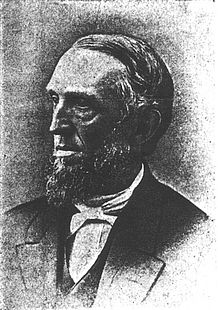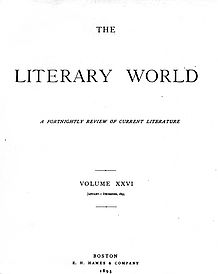Jesse Spencer as Historian
Born in 1816, one of ten children, Jesse Ames Spencer lived primarily in the Hudson River Valley (Hyde Park, Poughkeepsie and New York City), except for when various failures in health compelled him to take therapeutic trips to Europe [Image 39]. A calling to the ministry took Spencer to Columbia College and eventually to Columbia Seminary in the 1830s, but, after a brief career as a parish minister, he was forced to resign for health reasons. He accepted a job with the “General Protestant Episcopal Sunday School Union” serving as a recommender of “suitable reading books for Sunday school libraries, as well as a full series of instruction books." Engaged for five to six hours a day perusing published works, Spencer generated lists of “Approved Books” that might, “on examination, be found unobjectionable for the most part for additions to reading books in Sunday-school libraries, etc.” It was a somewhat thankless task, as he read on average over three hundred volumes a year—“with very scant returns for our list,” he added—but this activity familiarized him with a wide range of popular works and helped him develop a strong editorial sense of what constituted good writing. [49]
It was also in this capacity that Spencer was encouraged to branch out into new, more fulfilling lines of literary endeavor, including occasional writing for the Literary World. [Image 40] Serious intellectual work that paid a living wage was difficult to find, however. In 1854 he entered a self-described period of “dark days” during which he was forced to write circulars “for such articles as shoe-blacking, self-acting pins, root beer, etc.” Discouraged by this “infra dignitate” he was dependent nonetheless on its “proportionate pecuniary return.” He added: “In the existing posture of affairs, I was necessarily compelled to turn my attention to other spheres of labor. . . .In addition to other literary occupations, I began, in 1854-5, the preparation of a large and laborious work, viz. History of the United States, from the Earliest Period to the Present Time to be published in numbers, with fine steel engravings.” [50] For three active years Spencer toiled away on the project, adapting the voracious reading habits he had acquired at the Sunday School Union to the goal of educating himself in the broad contours of American history.
Spencer believed that American historians had an obligation to take an activist approach toward the past. Spencer felt a duty to remind readers of the responsibilities that went along with living out their destinies as Americans in the 1850s. Providence, he believed, had charted a special course for Americans, but to outline the path of America's destiny was not to secure it. Americans could not simply sit by passively while forces controlled their fates; they must act on the strength of their moral convictions lest Providence be deflected from its rightful path. Hence, historians must do more than preserve memories of the past; they must use the past to motivate citizens to action in the present and the future. [51]



